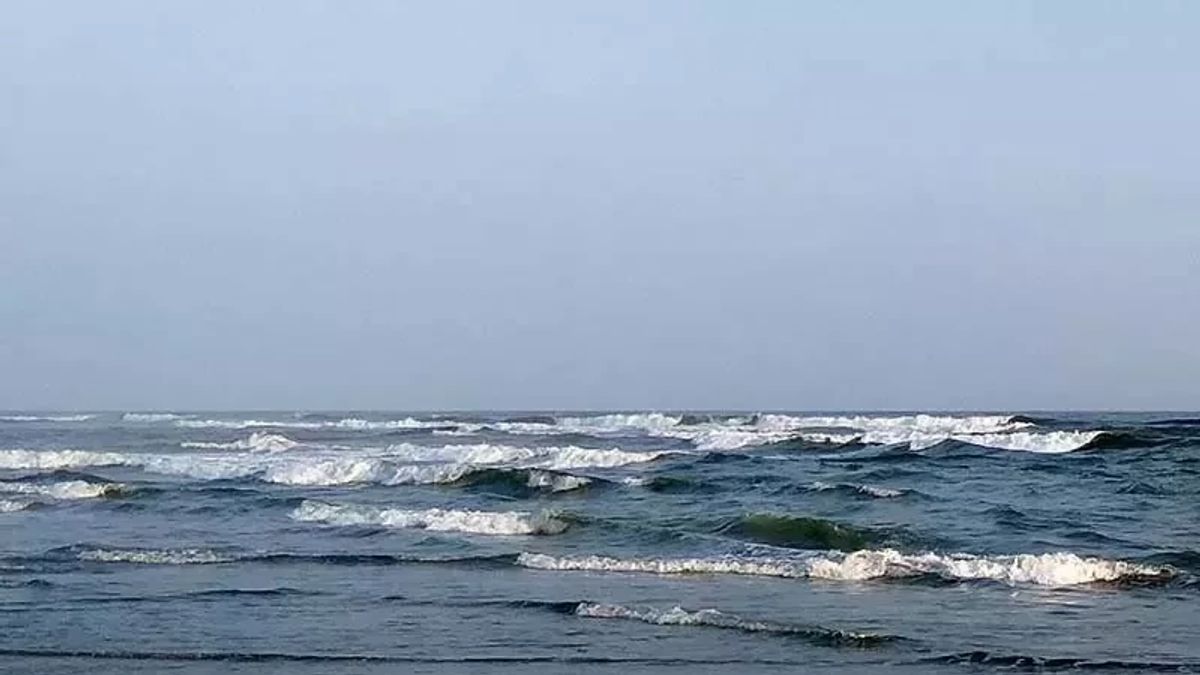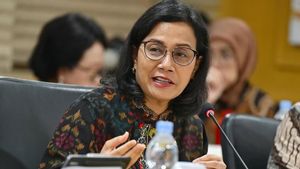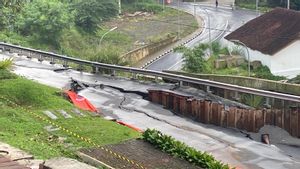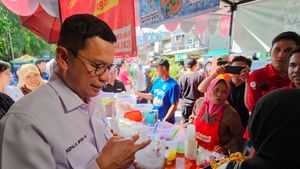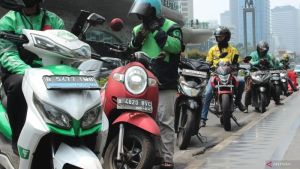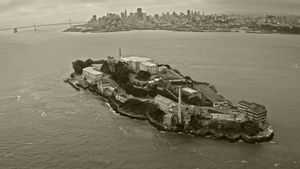Deputy Chairperson of the National Chamber of Commerce and Industry for Transportation, Denon Prawiraatmadja, said that the maritime area of Brunei Darussalam, Indonesia, Malaysia, Philippines, East ASEAN Growth Area (BIMP-EAGA) has the potential to become a developing and dynamic economic area in ASEAN.
Therefore, Denon emphasized, business actors, especially in the logistics and shipping sectors, are required to be more sensitive in seeing world developments, especially in dealing with situations that have a lot of uncertainty this year.
"In the future, the logistics and shipping sector, especially in Indonesia, will be more strategic, especially because our maritime economy is encouraged to contribute more to development and the economy in Indonesia. Indonesia's maritime economy is also targeted to contribute up to 12.5 percent to the national GDP by 2045," he said in a written statement, quoted Thursday, February 23.
Denon added that the national shipping sector will be the backbone of national logistics activities in line with equitable development in Indonesia. Thus, this will have an impact on the efficiency of logistics costs in the future.
Brunei Darussalam, Indonesia, Malaysia, and the Philippines are countries with a market share of more than 70 million people.
The four countries are also rich in natural resources, such as oil, natural gas, wood, minerals, and fisheries, thus providing great potential for trade, investment and industry development opportunities.
Apart from the opportunities, the Head of the Logistics and Supply Chain Agency of the Indonesian Chamber of Commerce and Industry, Akbar Djohan, acknowledged that there were a number of challenges faced in the development of the BIMP-EAGA maritime area, ranging from the lack of infrastructure, especially in the fields of transportation, communication and electricity, to the lack of policy harmonization and regulations between member countries.
To face challenges in today's industry, said Akbar, it is necessary to increase investment in infrastructure, especially in the fields of transportation, communication, and power generation to support regional development.
"Cooperation and coordination between BIMP-EAGA member countries is very important, especially in the field of policies and regulations, so that they can create a more business-friendly environment. Finally, every member state is obliged to provide support for micro, small and medium enterprises (MSMEs)," he added.
The English, Chinese, Japanese, Arabic, and French versions are automatically generated by the AI. So there may still be inaccuracies in translating, please always see Indonesian as our main language. (system supported by DigitalSiber.id)
